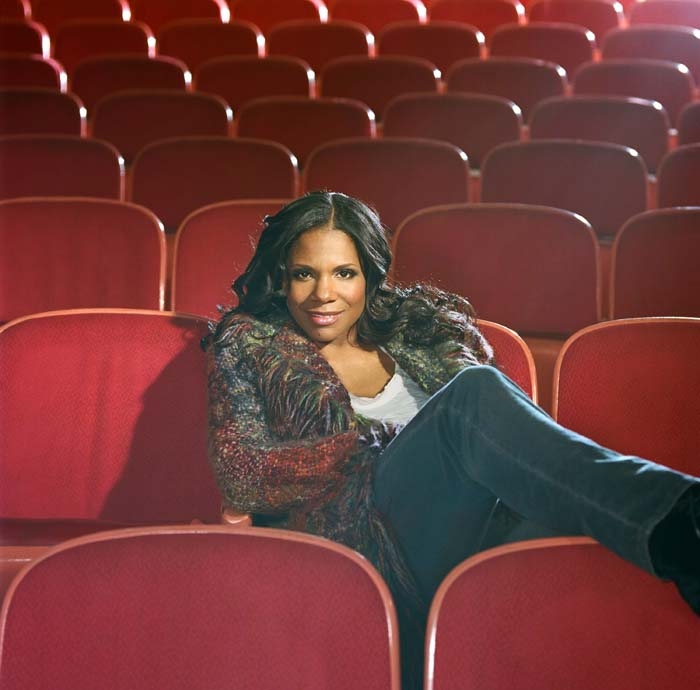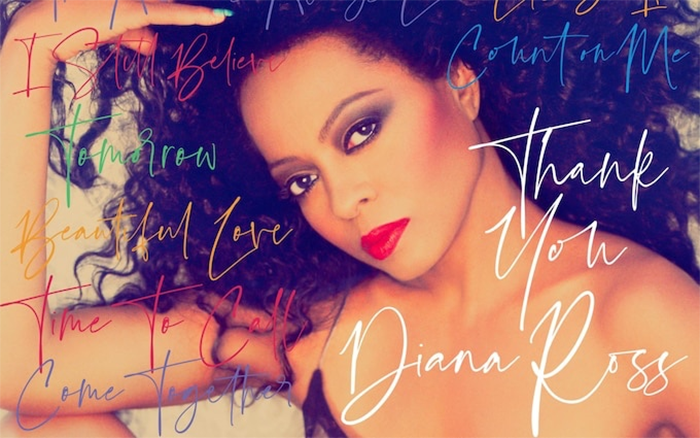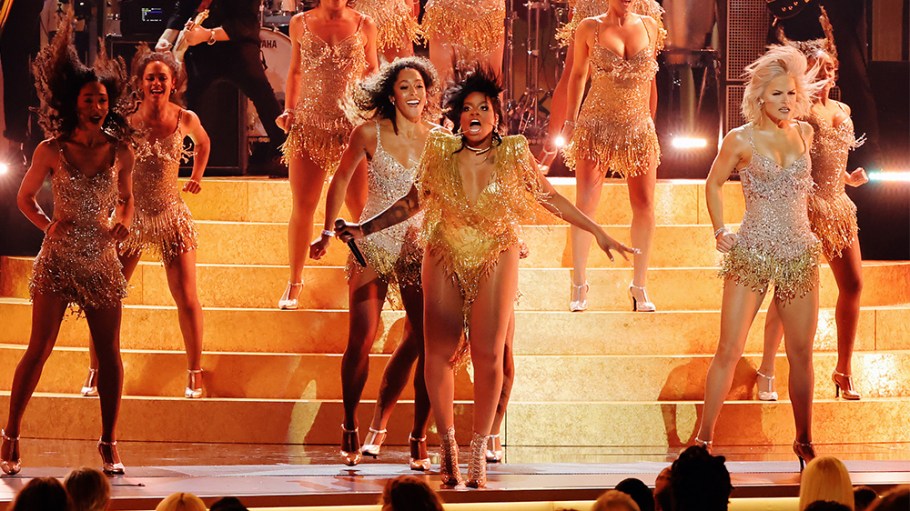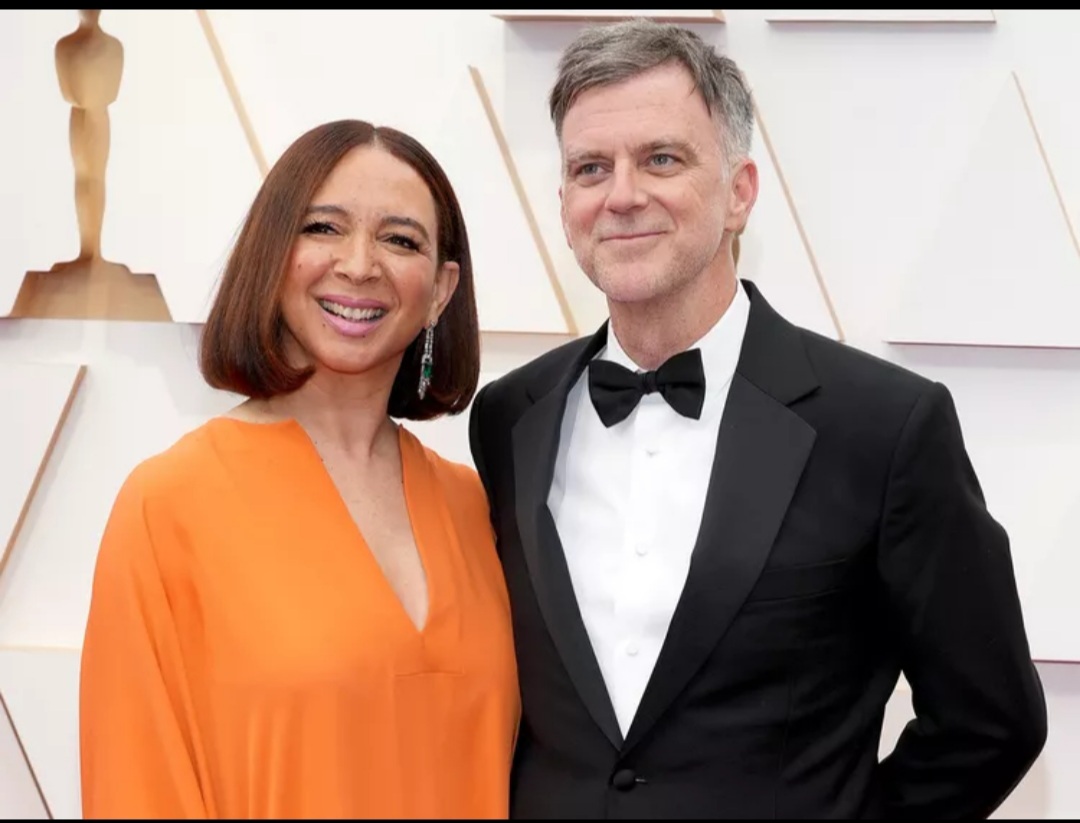
by Michael P Coleman
With six Tony Awards, the legendary Audra McDonald has earned more competitive Tonys than any other actor in Broadway history. While performing to standing-room-only audiences on many of the world’s great stages, she has also picked up two Grammy Awards and a long list of other accolades during her unprecedented career.
Contemporary TV audiences may know McDonald from her long-running stint on ABC’s “Private Practice”, while millions of others caught her bravura performance in NBC’s “The Sound Of Music Live!” in 2013 with Carrie Underwood. Most recently McDonald shares the silver screen with the legendary Meryl Streep in “Ricki and the Flash”.
In addition to her professional obligations, McDonald has been an ardent proponent of marriage equality, and last year she joined the Covenant House International Board of Directors, which oversees programs for homeless youth in 27 cities in six countries across the United States, Canada, and Latin America. With all of those roles, she says her favorites are those she performs offstage: wife to her husband, and mother to her daughter, Zoe Madeline.
On September 5th, McDonald will cast her spell on the Gallo Center in Modesto, performing her favorites from the Great American Songbook. I caught up with McDonald as she prepared for her Modesto show, and she talked about a few of her landmark projects, including her work with TV super producer Shonda Rhimes and Underwood. She also offered advice to young “hopefuls” who dream of a performing arts career, and told me how she felt the morning the Supreme Court ensured legal protection for all marriages in the United States.
This conversation has been edited.
I’m curious about your thoughts about arts programs that have been so radically cut, especially in communities like your Fresno hometown. What tips can you offer on how someone enrolled in the current public school system can nurture and cultivate their own performing arts gifts?
I was really lucky to have gone to the performing arts junior high and high school and participated in community theatre in Fresno. It was invaluable. I tell students that it doesn’t matter where you go to get on stage — just get on stage. If there’s a church musical or some community center [in your hometown], just perform. Volunteer your services, perform for a retirement home or something like that. The experience of being on stage, performing, and the relationship between the performer and the audience is the same no matter whether it’s for a few people in a nursing home in central California or Carnegie Hall. That communication between the performer and the audience is the same. So don’t discount any experience. It’s all good. It’s all helpful. It’s all necessary.
You made history by winning more competitive Tony Awards than any other artist in Broadway’s history. What did that mean to you?
My dream growing up was just to perform in one Broadway show. That’s all I wanted. Anything else that’s happened I’ve been incredibly grateful for and overwhelmed by, and it’s been beyond my greatest dreams. If I can inspire another young hopeful out there and let them know that he or she can do this too, then that makes it even more worthwhile. To be able to be a role model, and tell someone ‘Look where I came from. You can do the same thing” is incredibly fulfilling to me.
During your acceptance speech, you thanked the “strong and brave and courageous women” who’d preceded you, and said you stood on their shoulders. I’m wondering what you think about your place in that legacy, and whether there are newer artists today who are standing on your shoulders?
I’m very grateful for the shoulders that I’m standing on, and I hope to have broad shoulders that other performers can stand on and women can stand on and African American women can stand on and take us up into the stratosphere. That’s my hope and dream. There’s spectacular talent everywhere, there’s just opportunity that’s sometimes needed. I don’t think it’s right for me to say “…and they are standing on my shoulders…” because I consider them all to be colleagues. I do think about the young little girl at home who maybe sees me and says “Oh, she looks like me and she’s doing it. Why can’t I?”
I came to know you as an actress on Private Practice. I’m curious about your overall thoughts on that experience.
Private Practice was a great experience, working under Shonda Rhimes, one of the most powerful women in television. She has a brilliant mind, and she writes brilliantly. She puts no boundaries on characters, and she writes them as truthfully as she can. Thanks to her, I was honored to play Noami and have her be a very complicated, emotionally rich woman with many layers and colors and sides of her that didn’t play into many of the stereotypes that we still see in television, unfortunately.
Have you remained in touch with one of your colleagues on that show, Taye Diggs, and if so, have you had a chance to see him in Hedwig and the Angry Inch?
Taye and I met in 1993 so he’s someone that I’ve known for many decades now. I unfortunately have not been able to see him in Hedwig because I’ve been up in the Berkshires the entire time he’s been in the play. I’m sorry for that because I’m sure he’s spectacular and brilliant in it.
You were brilliant in the live Sound Of Music production a couple of years ago on NBC. I’d not seen any production of that show when I saw it, and you and Carrie Underwood and the whole cast made me a fan of that production. Carrie Underwood was savaged by many critics for her performance. What are your thoughts about working on that project, and working with Underwood?
Thank you! I loved working on that project. I was so honored that [producers] Craig Zadan and Neil Meron asked me to be a part of it, and were willing to cast that character in a colorblind way. Carrie Underwood has got to be one of the sweetest people and one of the hardest workers that I’ve ever met. I thought she was wonderful, and brave to take on a role as iconic as that, for one night only, completely live in front of millions and millions and millions of people, and do it as beautifully as she did. I thought she was wonderful, and I feel she was unfairly criticized. But what can you do? We work in this business and perform because we love to do it, and the inevitable part of that is you’re going to have critics [saying] you weren’t any good. We all have them. I was incredibly proud of her and the work that she did, and I loved being a part of that production, especially with Carrie.
Talk to me about Ricki and The Flash. What was working with Meryl Streep like?
An absolute dream come true. Watching Meryl Streep up close is an experience that I’ll not soon forget, if ever.
You were an early and stalwart proponent of marriage equality. Watching you express your support over the years was extremely inspiring. How did you feel last June when the Supreme Court made their landmark ruling?
I remember growing up, when I still believed in Santa Claus, and on Christmas morning going to the Christmas tree and seeing all of the presents for the first time. That’s exactly what that morning felt like for me. It made me believe in Santa Claus again. Santa Claus was Justice Kennedy and Ginsburg and whatnot, but I believe in him again! It was a beautiful day!
Speaking of Christmas, you’ve never done a holiday album. Could I talk you into recording one?
People have asked me that a lot over the years and I’ve not done one. Maybe I should at some point. Maybe this is the universe telling me I need to think about that.
Tickets for Audra McDonald’s September 5 performance at the Gallo Center are available at galloarts.org.
Michael P Coleman is a Sacramento-based freelance writer. Connect with him at michaelpcoleman.com or on Twitter: @ColemanMichaelP.





